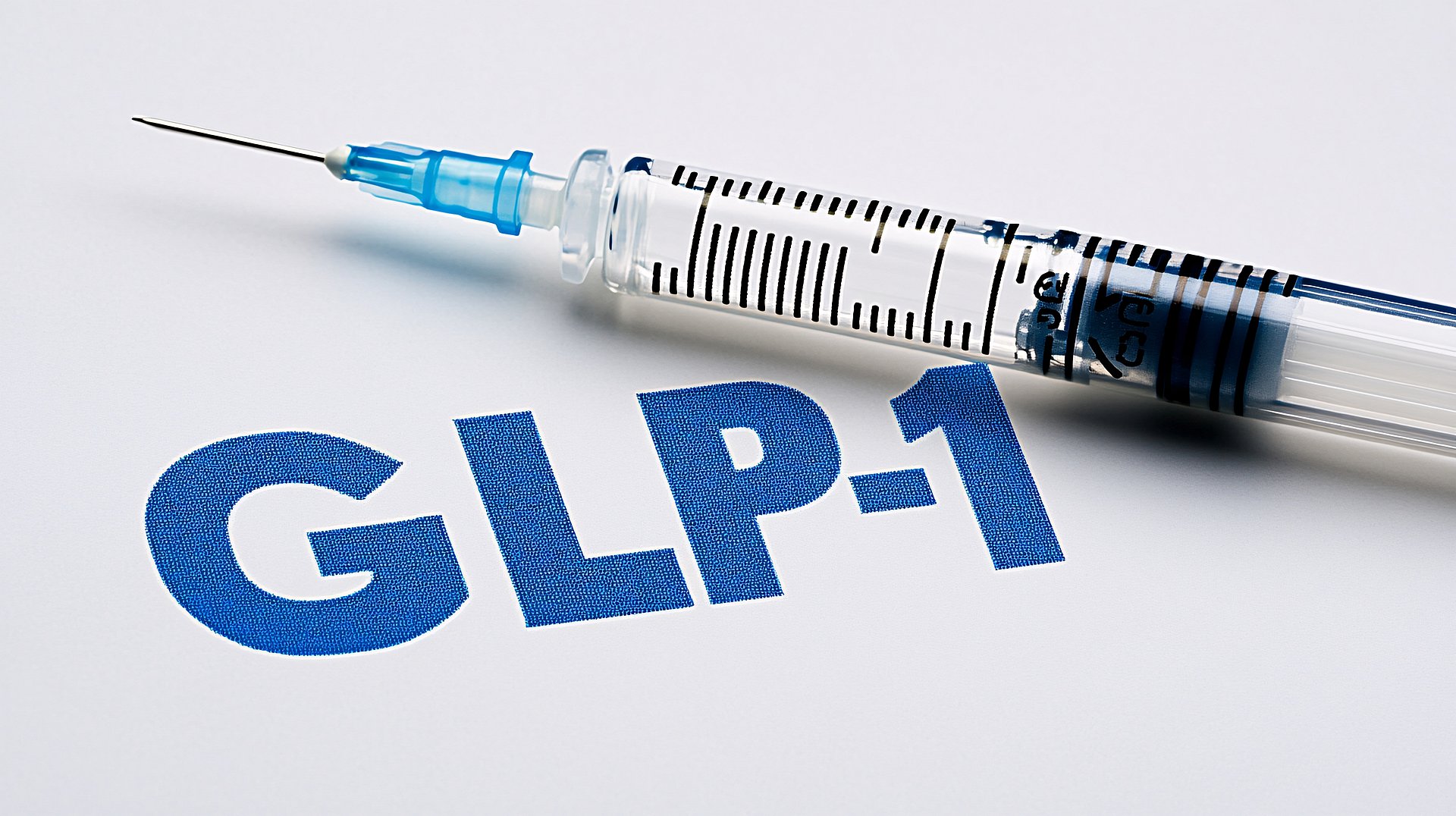Mon-Fri: 8:30a.m.-5:30p.m. | Sat: 9a.m.-12p.m. | Sun. & Major Holidays: Closed
Patient Resources
Get Healthy!
Why Might GLP-1 Drugs Reduce Alcohol Cravings? New Experiment Suggests An Answer
- October 16, 2025
- Dennis Thompson HealthDay Reporter

Weight-loss drugs like Ozempic and Zepbound appear to reduce alcohol cravings, but doctors have been at a loss to explain why – until now.
Glucagon-like peptide-1 (GLP-1) drugs appear to slow the speed at which alcohol enters the bloodstream, which also diminishes its effects on a person’s brain, according to pilot study results published Oct. 15 in the journal Scientific Reports.
Essentially, people don’t feel the effects of alcohol as intensely if they’re taking a GLP-1 med, researchers said.
“People who drink know there’s a difference between nursing a glass of wine and downing a shot of whiskey,” researcher Alex DiFeliceantonio said in a news release. She’s interim co-director of the Roanoke, Virginia-based Fralin Biomedical Research Institute at VTC’s Center for Health Behaviors Research.
Both drinks contain the same amount of alcohol, but the shot brings a rapid increase in blood-alcohol content and, subsequently, intoxication, DiFeliceantonio said.
“Why would this matter? Faster-acting drugs have a higher abuse potential,” she said. “They have a different impact on the brain. So if GLP-1s slow alcohol entering the bloodstream, they could reduce the effects of alcohol and help people drink less.”
GLP-1 drugs mimic the GLP-1 hormone, which helps control insulin and blood sugar levels, decreases appetite and slows digestion of food.
For the new study, researchers recruited 20 people with obesity, half of whom were taking a GLP-1 drug. All had a body mass index (BMI) of 30 or more. BMI is an estimate of body fat based on height and weight.
The participants were served an alcoholic beverage that had to be consumed within 10 minutes. Researchers measured their breath alcohol and asked them questions about how they felt, such as “How drunk do you feel right now?” on a scale from 1 to 10.
This process was repeated three times over an hour, researchers said.
In the end, people taking GLP-1 drugs consistently reported feeling less intoxicated, the study found.
Data taken during the experiment indicated that GLP-1 drugs’ ability to slow stomach emptying likely reduces the effect of alcohol, researchers said.
Other drugs designed to help reduce alcohol intake act upon the nervous system, researchers noted. For example, acamprosate stabilizes neurotransmitter activity in the brain, offsetting the effects of alcohol.
“Our preliminary data suggest that GLP-1s suppress intake through a different mechanism,” DiFeliceantonio said.
Researchers said this could open up another means of helping people battle alcoholism, but larger clinical trials are needed to confirm this.
More information
The Endocrine Society has more on GLP-1 drugs and alcoholism.
SOURCE: Fralin Biomedical Research Institute at VTC, news release, Oct. 15, 2025

